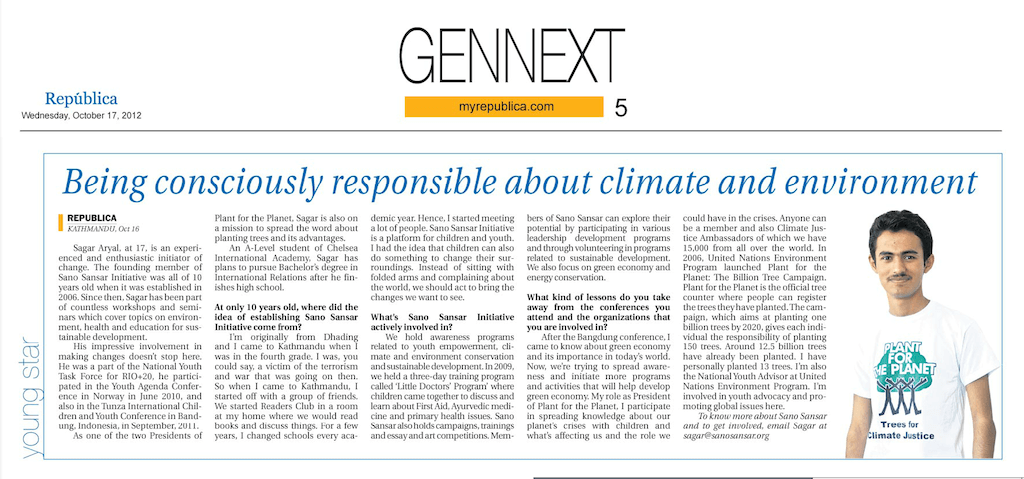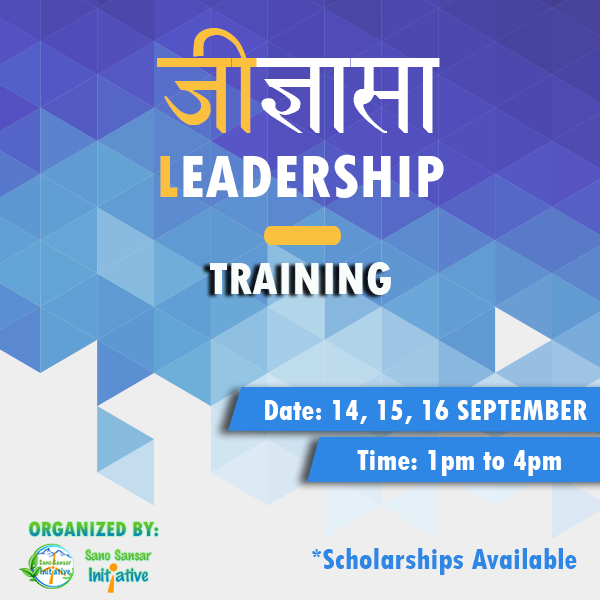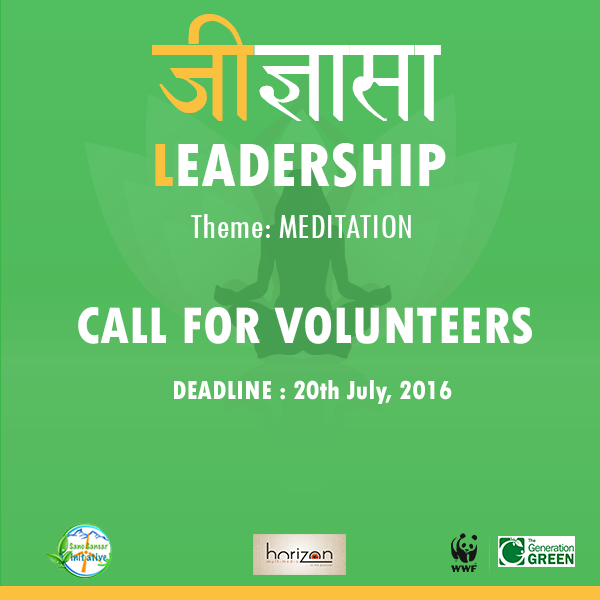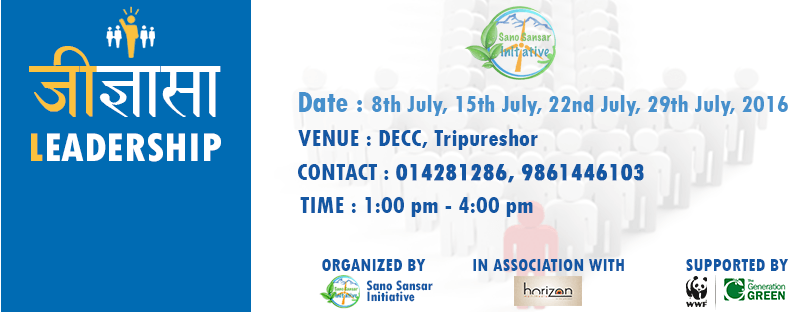
Being consciously responsible about climate and environment
Sagar Aryal, at 17, is an experienced and enthusiastic initiator of change. The founding member of Sano Sansar Initiative was all of 10 years old when it was established in 2006.
Since then, Sagar has been part of countless workshops and seminars which cover topics on environment, health and education for sustainable development.
His impressive involvement in making changes doesn’t stop here. He was a part of the National Youth Task Force for RIO+20, he participated in the Youth Agenda Conference in Norway in June 2010, and also in the Tunza International Children and Youth Conference in Bandung, Indonesia, in September, 2011.
As one of the two Presidents of Plant for the Planet, Sagar is also on a mission to spread the word about planting trees and its advantages.
An A-Level student of Chelsea International Academy, Sagar has plans to pursue Bachelor’s degree in International Relations after he finishes high school.
At only 10 years old, where did the idea of establishing Sano Sansar Initiative come from?
I’m originally from Dhading and I came to Kathmandu when I was in the fourth grade. I was, you could say, a victim of the terrorism and war that was going on then. So when I came to Kathmandu, I started off with a group of friends. We started Readers Club in a room at my home where we would read books and discuss things. For a few years, I changed schools every academic year. Hence, I started meeting a lot of people. Sano Sansar Initiative is a platform for children and youth. I had the idea that children can also do something to change their surroundings. Instead of sitting with folded arms and complaining about the world, we should act to bring the changes we want to see.
What’s Sano Sansar Initiative actively involved in?
We hold awareness programs related to youth empowerment, climate and environment conservation and sustainable development. In 2009, we held a three-day training program called ëLittle Doctors’ Program’ where children came together to discuss and learn about First Aid, Ayurvedic medicine and primary health issues. Sano Sansar also holds campaigns, trainings and essay and art competitions. Members of Sano Sansar can explore their potential by participating in various leadership development programs and through volunteering in programs related to sustainable development. We also focus on green economy and energy conservation.
What kind of lessons do you take away from the conferences you attend and the organizations that you are involved in?
After the Bangdung conference, I came to know about green economy and its importance in today’s world. Now, we’re trying to spread awareness and initiate more programs and activities that will help develop green economy. My role as President of Plant for the Planet, I participate in spreading knowledge about our planet’s crises with children and what’s affecting us and the role we could have in the crises. Anyone can be a member and also Climate Justice Ambassadors of which we have 15,000 from all over the world.
In 2006, United Nations Environment Program launched Plant for the Planet: The Billion Tree Campaign. Plant for the Planet is the official tree counter where people can register the trees they have planted. The campaign, which aims at planting one billion trees by 2020, gives each individual the responsibility of planting 150 trees. Around 12.5 billion trees have already been planted. I have personally planted 13 trees. I’m also the National Youth Advisor at United Nations Environment Program. I’m involved in youth advocacy and promoting global issues here.
To know more about Sano Sansar and to get involved, email Sagar at [email protected]
Interviewed by Pramila Rai, Republica, Published on 2012-10-17 | http://www.myrepublica.com/portal/index.php?action=news_details&news_id=43723




